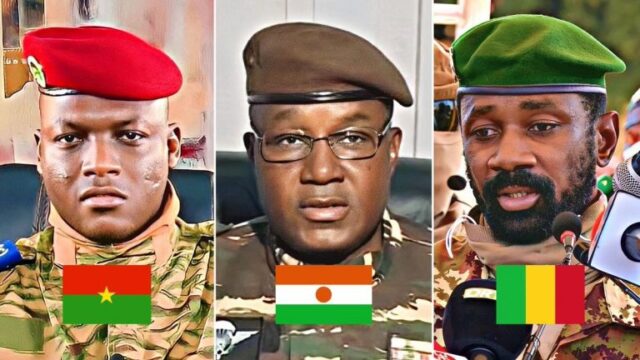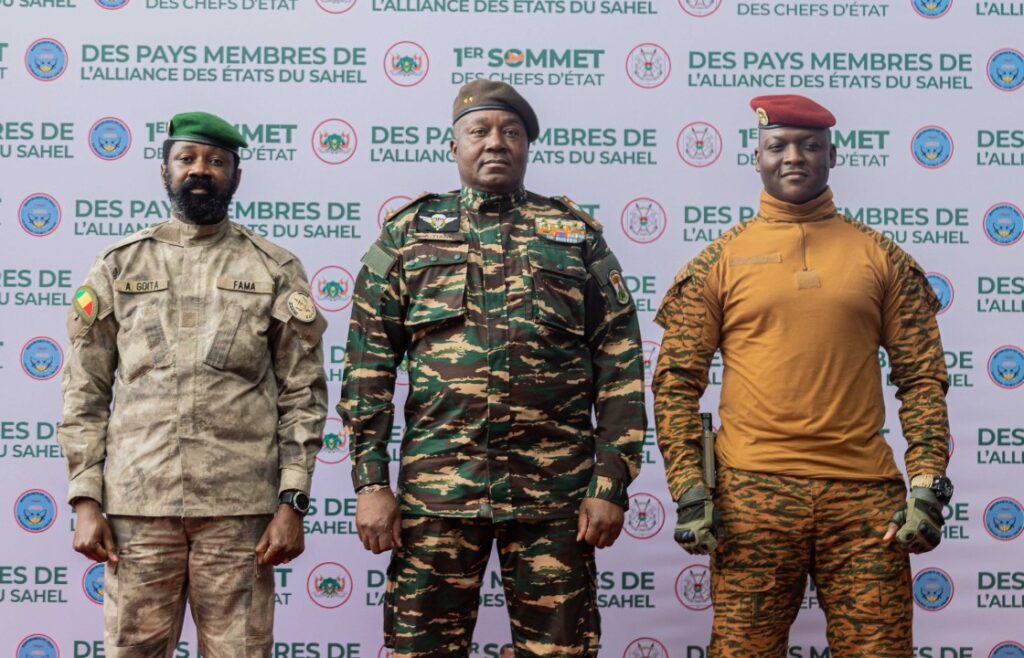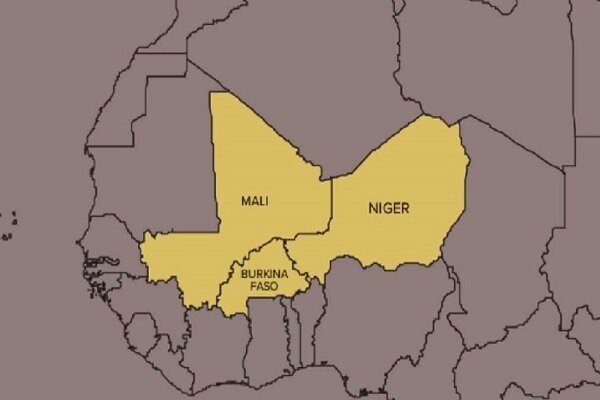
After more than a year of tensions, Niger, Mali, and Burkina Faso have officially withdrawn from the Economic Community of West African States (ECOWAS).
The regional bloc confirmed the departure in a statement on Wednesday, marking a major shift in West African geopolitics.
The decision to leave ECOWAS is the culmination of months of friction between the three military-led nations and the regional bloc.
Relations began to deteriorate following a series of military coups that overthrew democratic governments in each country.
ECOWAS responded with sanctions, aiming to pressure the juntas into restoring civilian rule. However, the three nations viewed these actions as punitive and counterproductive.
In January 2024, Niger, Mali, and Burkina Faso jointly announced their intention to leave ECOWAS, accusing the bloc of failing to support them in their fight against terrorism and aligning too closely with Western interests.
- I’ll be the Last Man Standing in APC — Kebbi Governor Clarifies
- Boko Haram IED Explosion on Borno Road Kills Eight, Wounds Others
- EFCC Opens Probe of 24 Nigerian Young Men Detained in Ghana over Suspected Cybercrimes
- Former CBN Governor Emefiele Attempts To Regain Forfeited Abuja Estate; Court Dismisses the Attempt
- King Sunny Ade’s House Divided as Daughter Alleges he has Been Kidnapped; Other Family Members Deny Claim
- You Can Gather All Governors But If Nigerians Reject You, it is Over — El-Rufai Tells Tinubu
They argued that the sanctions imposed had worsened economic hardship for their populations rather than promoting stability.
Despite their withdrawal, ECOWAS has emphasized that it remains open to future cooperation.
The bloc announced that citizens from these nations will still enjoy visa-free travel within ECOWAS member states and that trade relations will continue under the ECOWAS Trade Liberalization Scheme (ETLS) for now.
National passports and identity cards bearing the ECOWAS logo will also remain valid until further notice.
The bloc has set up a structure to facilitate discussions on future relations with the three countries, ensuring minimal disruption to businesses and citizens.

ECOWAS President Omar Touray stated that the decision to allow continued economic and mobility ties was made in the spirit of “regional solidarity and in the interest of the people”.
With their exit from ECOWAS, Niger, Mali, and Burkina Faso have turned toward greater regional integration through the Alliance of Sahel States (AES)—a new defense pact aimed at strengthening military and economic cooperation.
The trio has also deepened ties with international partners such as Russia, Turkey, and Iran to address security threats posed by jihadist insurgencies and armed militias.
Niger’s military ruler, Abdourahmane Tchiani, defended the move, describing ECOWAS as a bloc that no longer represents the interests of African nations.
“We will create an AES of the peoples instead of an ECOWAS whose directives are dictated by foreign powers,” he said.
While ECOWAS initially gave the three nations a six-month window to reconsider their departure, their withdrawal now appears irreversible. Massive public support for the exit has been evident, with rallies in Niger and Burkina Faso celebrating the decision.












